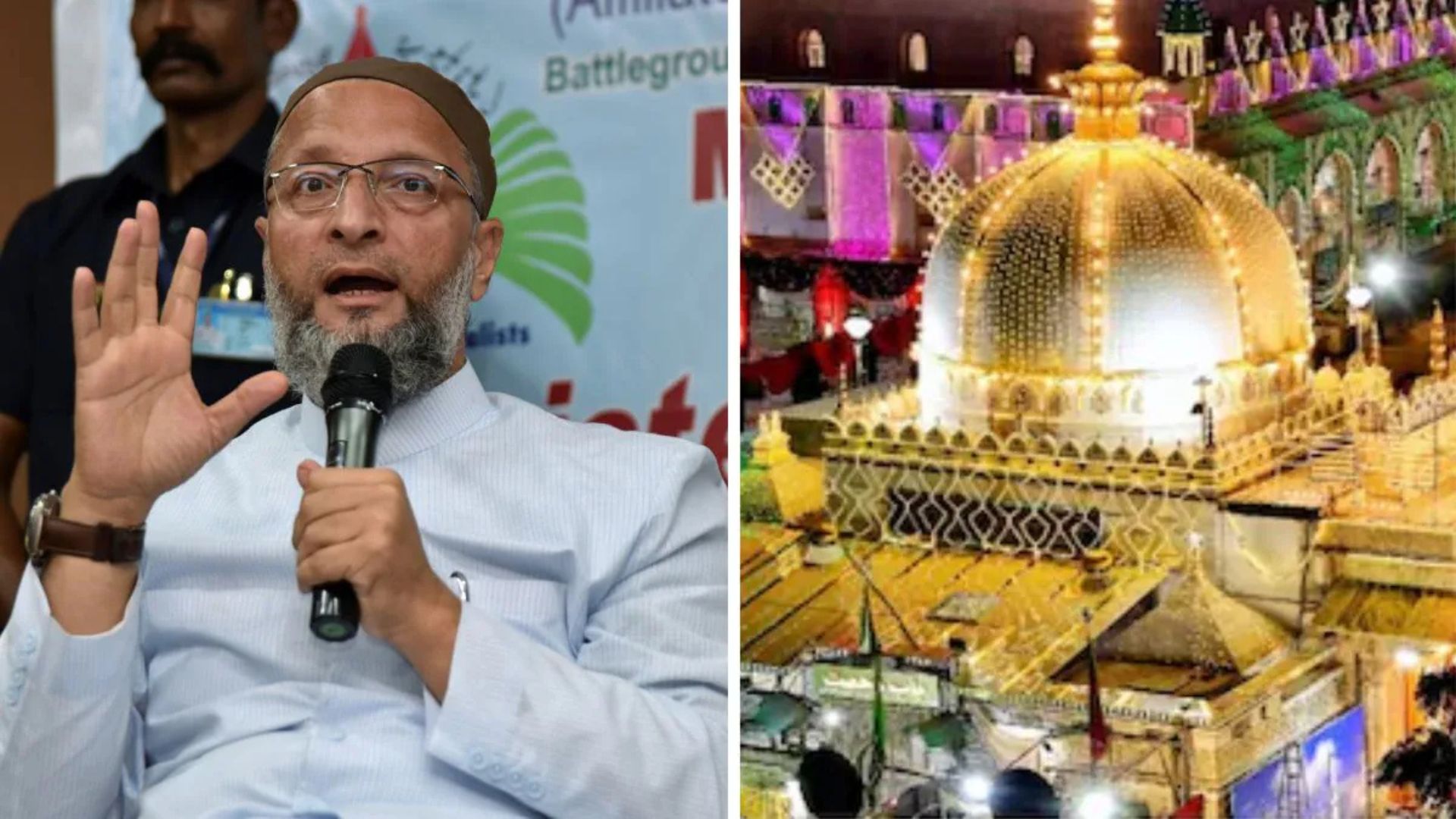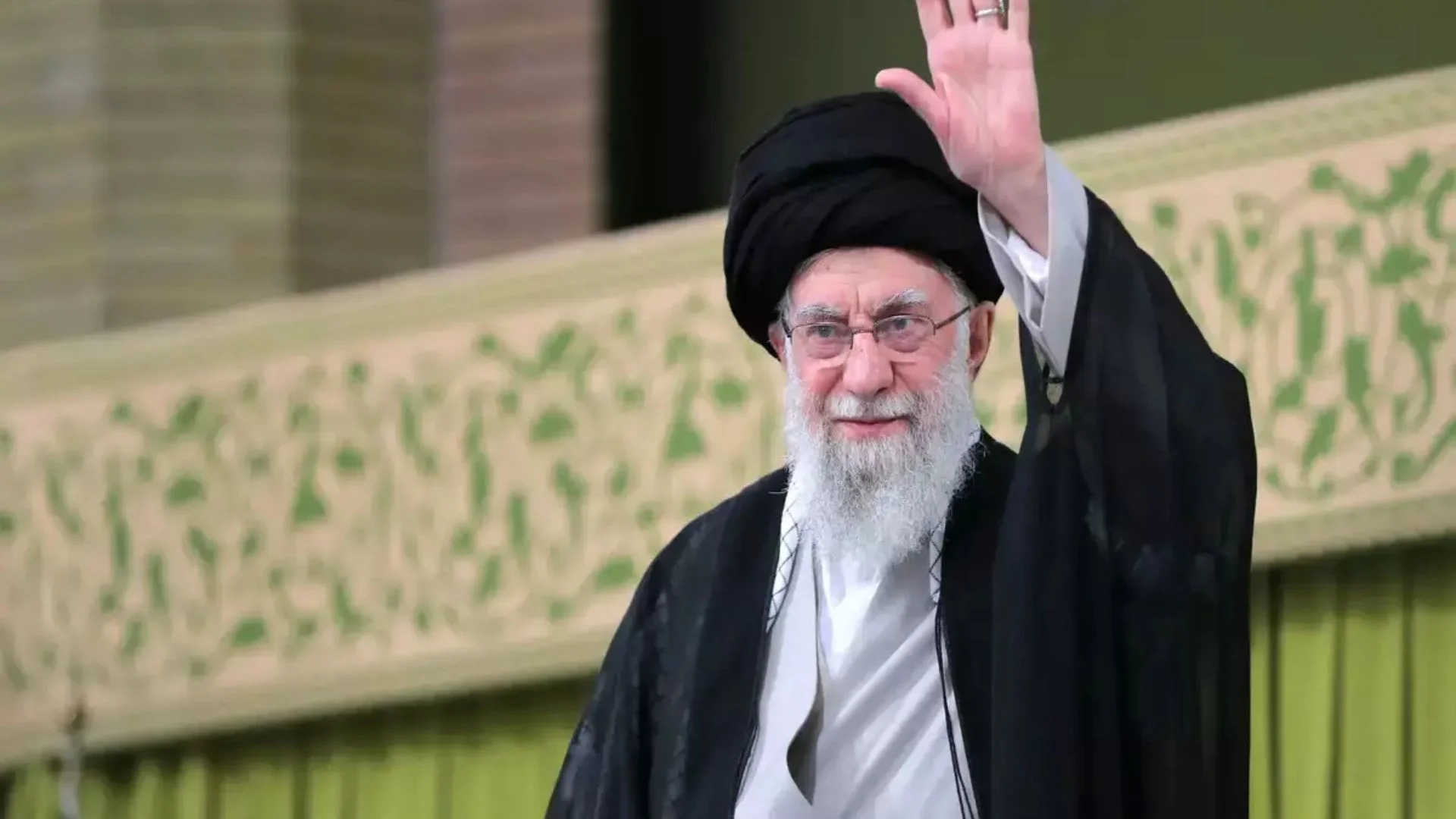Israel conducted rare airstrikes in Lebanon on Friday, a sharp escalation that sparked fears of a broader conflict after militants fired dozens of rockets from Lebanon into Israeli territory. Israel also continued bombarding the Gaza Strip.
The Israeli strikes on southern Lebanon — what analysts described as the most serious border violence since Israel’s 2006 war with Lebanon’s Hezbollah militant group — threatened to push the confrontation into a dangerous new phase following violence at one of Jerusalem’s holiest sites.
Also on Friday, the Israeli military said that a Palestinian carried out a shooting attack against Israelis in the northern West Bank. Israeli medics said that three people were critically wounded and remained unconscious.
The shooting marked the latest incident in a period of unusually high violence in the occupied territory. Although the Israeli military was quick to emphasize that its warplanes struck sites belonging to only Palestinian militant groups, the barrage risks drawing in Israel’s bitter foe Hezbollah, which holds sway over much of southern Lebanon and has in the past portrayed itself as a defender of the Palestinians and the contested city of Jerusalem.
Even as Israel announced it was allowing residents of the south to leave bomb shelters and return home after an hours long lull in hostilities, the Israeli military said it was boosting infantry and artillery forces along the country’s borders with Lebanon and Gaza “to prepare for all possible scenarios.”
Earlier Friday, Israeli missiles struck an open field in the southern Lebanese town of Qalili, near the Palestinian refugee camp of Rashidiyeh, according to an Associated Press photographer and residents, killing several sheep and inflicting minor injuries on residents, including Syrian refugees.Other strikes hit a small bridge and power transformer in the nearby town of Maaliya and damaged an irrigation system providing water to orchards in the area.
The Israeli airstrikes came in response to an unusually large barrage of rockets from Lebanon after Israeli police raids at the Al-Aqsa mosque in Jerusalem spiraled into unrest and sparked outrage in the Arab world.
The holy site, a tinderbox for Israeli-Palestinian tensions, sits on a hilltop sacred to both Muslims and Jews. In 2021, an escalation also triggered by clashes at the Al-Aqsa compound spilled over into an 11-day war between Israel and Gaza’s Hamas rulers.On Friday, violence again broke out at the Al-Aqsa Mosque compound. Chaos erupted at one of the entrances to the esplanade before dawn prayers on Friday as Israeli police wielding batons descended on crowds of Palestinian worshippers, who chanted slogans praising Hamas as they tried to squeeze into the site.The Israeli military said it was clear that both sides wanted to avoid a full-blown conflict.
The Israeli military said on Friday that Palestinian militants in Gaza had so far fired 44 rockets from Gaza, only 23 of which crossed into Israeli territory.
TThe Israeli military said it would hold Lebanon accountable for rockets fired from its territory. Lebanese caretaker Defense Minister Maurice Slim, in a meeting with his Italian counterpart, promised Friday that the Lebanese army was working to “control security and maintain stability and calm in the south.”
Tensions have simmered along the Lebanese border in recent weeks as Israel appears to have ratcheted up its shadow war against Iranian-linked targets in Syria, another close ally of Iran, Israel’s archenemy in the region.Suspected Israeli airstrikes in Syria in recent weeks have killed two Iranian military advisers and temporarily put the country’s two largest airports out of service.Hecht, the military spokesman, said Thursday’s rocket fire was not believed to be connected to events in Syria.
It’s Hamas-dominant,” Hecht said, referring to the targets of the Israeli airstrikes both in Lebanon and Gaza.
In Jerusalem, calm returned to at Al-Aqsa a few hours after the burst of violence, the situation remained tense ahead of midday Friday prayers.














